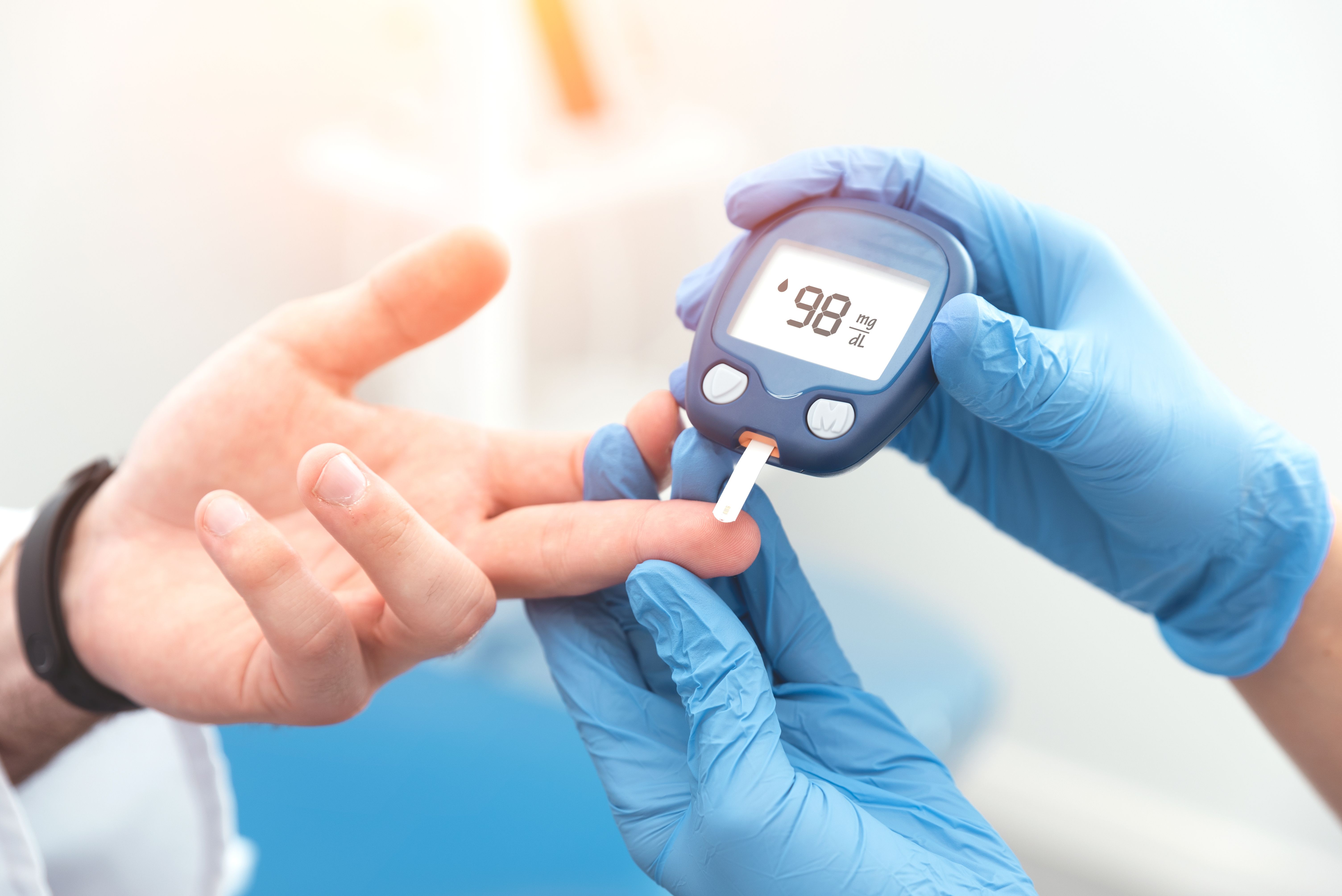Article
Plant-Based Insulin May Be More Effective, Affordable Than Clinical Insulin for Patients With Diabetes
Author(s):
Plant-based insulin contains all 3 peptides that are found in insulin naturally produced by the body.
A novel, plant-based, oral delivery of proinsulin can regulate blood sugar within 15 minutes, decreasing risk of transient hypoglycemia associated with traditional insulin pens, according to a new study published in the journal Biomaterials. The plant-based insulin is more affordable, simple, and is shelf-stable than traditional insulin.
Credit: Proxima Studio - stock.adobe.com

“The risk of hypoglycemia is one of the biggest disadvantages of the current delivery system and can even result in a coma,” said Henry Daniell, School of Dental Medicine, University of Pennsylvania, in a recent press release.
Investigators at Penn made a plant-based insulin using a “gene gun” to blast human insulin genes through the strong plant cell walls of the lettuce plant. In effect, the insulin genes are integrated into the genome of the lettuce plant.
The strong cell walls also work to protect insulin from being broken down by the stomach acids and enzymes. As a result, insulin can be released by gut microbes and delivered to the liver.
Investigators evaluated the plant-based insulin in a comparative study done on included diabetic mice. Although plant-based insulin regulated blood sugars in 15 minutes, similar to the natural hormone insulin, mice who received traditional insulin injection experienced significant drops in blood glucose levels.
Traditional insulin is manufactured by growing hormones in bacteria or yeast cells. The process is expensive and complex, requiring purification and cool temperatures of transportation and storage.
“We’ve seen news stories about vaccine doses being destroyed because some countries don't have the resources for cold storage throughout the process,” Daniell said in the press release. “It is an enormous cost. This kind of post-production cost is eliminated using our methods.”
Conversely, plant-based insulin—which is now a permanent combination of human insulin genes and lettuce genome—can be stored in lettuce seeds. This makes storage both safe and effective because the seeds can be frozen, dried, ground, or prepared as needed and in accordance with FDA guidelines. In addition, the plant-based insulin contains all 3 peptides naturally found in insulin. This is unlike clinical insulin, which only contains 2.
“Our insulin, given orally, has all 3 proteins and is delivered right to the liver. It works just like natural insulin, which minimizes the risk of hypoglycemia,” Daniell said in the press release.
Daniell has led the charge on medicine made of plant-grown proteins for at least 8 years. In 2015, the Penn investigator published a paper that argues low-cost drugs developed from lettuce plants are commercially viable.
In that study, he looked at plant-based medicine for hemophilia, but he has also done other research on plant-based medicines for pulmonary arterial hypertension, Alzheimer disease, polio, and dental plaque, and COVID-19.
“We are making insulin more affordable while significantly improving it,” Daniell said in the press release. “Patients can get a superior drug at a lower cost [and] with this delivery system, we change the whole paradigm, not only for insulin.”
Reference
The University of Pennsylvania. A plant-based, oral delivery of insulin regulates blood sugar levels similar to natural insulin. June 14, 2023. Accessed on June 15, 2023. https://www.eurekalert.org/news-releases/992619
Newsletter
Stay informed on drug updates, treatment guidelines, and pharmacy practice trends—subscribe to Pharmacy Times for weekly clinical insights.





